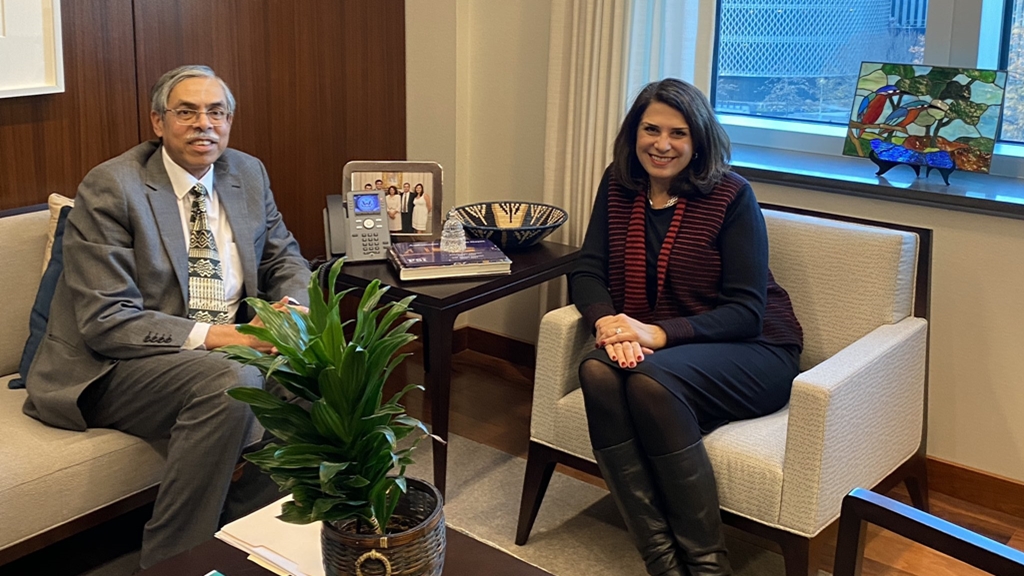
Facebook ignores plea to aid Rohingya genocide case
- 10/08/2020
- 0
By Dr. Azeem Ibrahim, Arab News
It appears that Facebook now cares about user privacy: However, the users in question are accused before the International Court of Justice (ICJ) of utilizing the platform to incite genocide against the Rohingya in Myanmar.
In 2018, the New York Times gave an extensive account of how the military in Myanmar used the platform to both dehumanize the Rohingya minority in the country in a very visible way and to incite violence by civilians against the Rohingya, prior to the military starting its “clearance operations” in the western state of Rakhine. In short, all the worst things you have come to expect from the internet and social media — but not carried out by random trolls, rather by military personnel and against people from their own country. According to the reporting, the campaign of hate on Facebook was mostly driven by the efforts of the military, rather than elements of the public.
Eventually, Facebook got round to banning the accounts used in this operation when these efforts started being widely reported in the international press. They were against Facebook’s policy on “genuine content.” And, after that concession, some international observers hoped the company would help the case brought before the ICJ on behalf of the Rohingya and hand over information on those accounts and their activities to help demonstrate the concerted efforts that went into organizing the genocide.
But now a company that has seemingly never cared about the privacy of its users before — indeed a company whose entire business model relies on hoarding as much information about its users as possible — seems to have decided that handing over information to an international tribunal adjudicating an accusation of genocide is beyond the pale.
This decision is beyond bizarre. For one, it should be obvious that not one of the campaigners who have pressed Facebook on its catastrophic history on user privacy would have argued that it should be shielding state operatives who organize genocides from legal accountability. Every sensible adult understands that rights, like the right to privacy, are always balanced against other rights, such as the right to life of a people, and, at times, those other rights take precedence. It does not take a genius to figure out that the rights to privacy of perpetrators of genocide are of less importance than the right to life and the right to legal redress for the victims of genocide.
It seems to have decided that handing over information to an international tribunal adjudicating an accusation of genocide is beyond the pale.
Dr. Azeem Ibrahim
For another, how is this supposed to even help Facebook’s bottom line? Yes, it is generally bad business to upset state structures that can ban you in a jurisdiction. In theory, the military in Myanmar could pressure the civilian government to impose a ban on the company, or indeed the military could take direct action to suppress the platform in the country as it retains autonomous control over security matters. But Facebook is currently in the middle of the largest advertiser boycott in its history due to its numerous other mistakes and amoral conduct. How is this going to help?
The US has very well-established mechanisms for sanctioning and punishing individuals and companies that aid crimes against humanity, carry out egregious corruption or aid enemies such as Iran, North Korea or Russia. Facebook is very much getting into the territory where it could become liable to being targeted by these mechanisms. When it was so painfully slow to act to ban the accounts and activities of the Myanmar military during the incitement phase of their attack on the Rohingya, the company could plausibly have pleaded haplessness and incompetence. But when it deliberately obstructs the course of justice of an international tribunal, it doesn’t have a moral leg to stand on.
Dr. Azeem Ibrahim is a research professor at the Strategic Studies Institute US Army War College and author of “Prospective Foreign Policy of a Corbyn Government and US National Security Implications.” Twitter: @AzeemIbrahim







